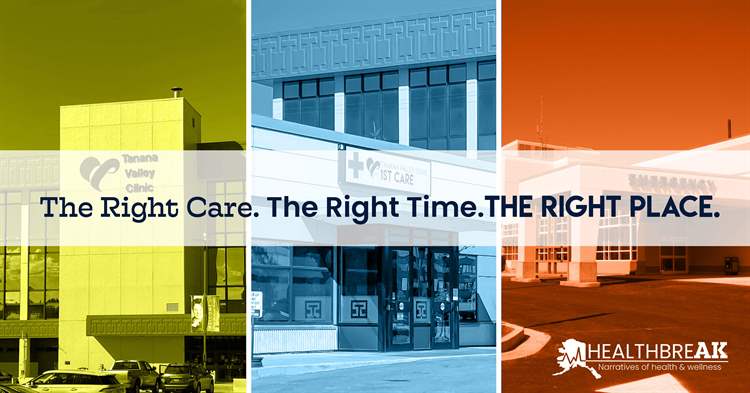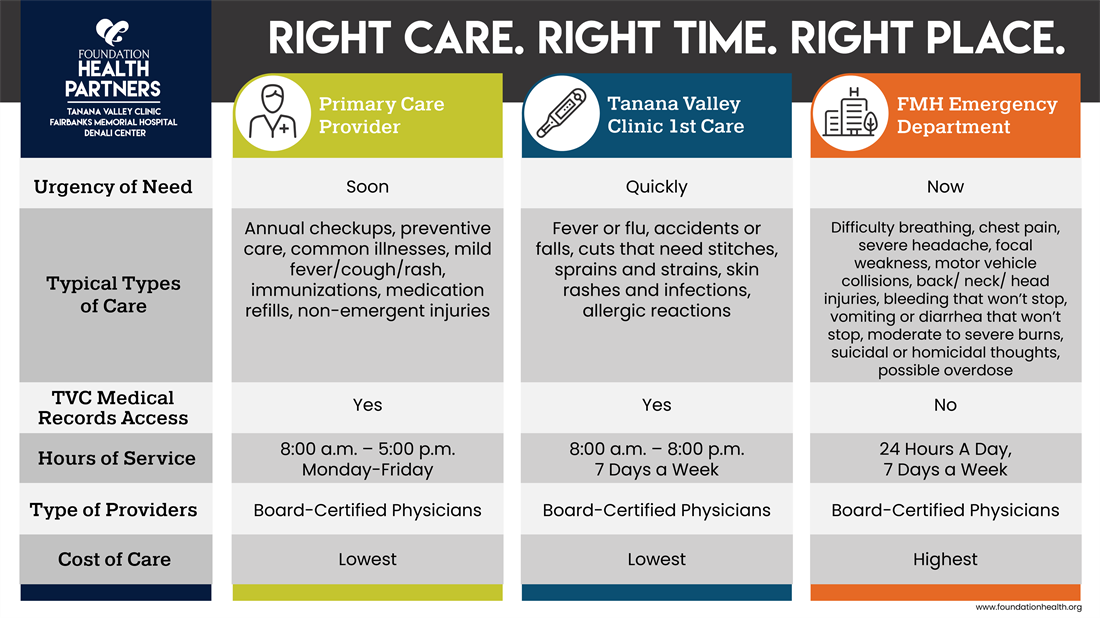Published
on
April 16, 2021
| 5,068 views
| 1 follower
members are following updates on this item.
 It’s 2:30, on a Saturday afternoon. Hockey Club Fairbanks is up 4-2 over the Anchorage Comets at the Big Dipper Ice Arena when your son collides with another player and falls to the ice. After a quick assessment by the coach, you are summoned to the ice. Your son is putting on a brave face but you can tell that his shoulder hurts. In the locker room, the skates and hockey pants come off and you continue to assess the severity of his injury.
It’s 2:30, on a Saturday afternoon. Hockey Club Fairbanks is up 4-2 over the Anchorage Comets at the Big Dipper Ice Arena when your son collides with another player and falls to the ice. After a quick assessment by the coach, you are summoned to the ice. Your son is putting on a brave face but you can tell that his shoulder hurts. In the locker room, the skates and hockey pants come off and you continue to assess the severity of his injury.
What do you do next?
Most parents quickly consider four different paths: (1) head home, apply ice, administer Advil and monitor symptoms; (2) call your primary care provider’s office; (3) take your son to the 1st Care facility or (4) rush to the FMH Emergency Department across the street. Assuming you decide that medical attention is needed, how do you determine which option is best?
When deciding between Primary Care, 1st Care or a visit to the Emergency Room, it benefits you to choose the right care at the right place at the right time.
 Primary Care Provider. A primary care provider is a specialist in Family Medicine, Internal Medicine or Pediatrics. This provider is typically a patient’s first contact to manage long-term health needs. The primary care provider is responsible for providing a patient’s comprehensive care and usually knows the patient’s medical history best.
Primary Care Provider. A primary care provider is a specialist in Family Medicine, Internal Medicine or Pediatrics. This provider is typically a patient’s first contact to manage long-term health needs. The primary care provider is responsible for providing a patient’s comprehensive care and usually knows the patient’s medical history best.
 Tanana Valley Clinic (TVC) 1st Care. The 1st Care Department is an extension of the TVC Family Medicine Department and provides comprehensive walk-in care between 8:00 a.m. and 8:00 p.m., seven days a week. No appointment is necessary. The office is staffed by board-certified physicians, advanced practice providers and nurses who evaluate patients who need care right away, but are not having a life-threatening emergency.
Tanana Valley Clinic (TVC) 1st Care. The 1st Care Department is an extension of the TVC Family Medicine Department and provides comprehensive walk-in care between 8:00 a.m. and 8:00 p.m., seven days a week. No appointment is necessary. The office is staffed by board-certified physicians, advanced practice providers and nurses who evaluate patients who need care right away, but are not having a life-threatening emergency.
 Fairbanks Memorial Hospital (FMH) Emergency Department. The role of the emergency department is to treat patients who are in need of immediate care any time of day or night. Emergency physicians and providers are experts at quickly diagnosing, stabilizing and addressing difficult health care needs. The FMH ED is staffed with board-certified physicians and experienced, certified Physician Assistants who all have been trained locally.
Fairbanks Memorial Hospital (FMH) Emergency Department. The role of the emergency department is to treat patients who are in need of immediate care any time of day or night. Emergency physicians and providers are experts at quickly diagnosing, stabilizing and addressing difficult health care needs. The FMH ED is staffed with board-certified physicians and experienced, certified Physician Assistants who all have been trained locally.
The following chart illustrates the key differences between the three types of health care:

Even if it is clear that you or a loved one needs emergency care, you may be unsure whether to drive to an emergency room or call 911. Experts recommend that you call 911 if you are having chest pain or difficulty breathing, experiencing severe bleeding, if you feel like you might faint, feel weak on one side or if your vision is impaired. When in doubt, it’s best to call 911. Paramedics can often begin delivering life-saving treatment on the way to the hospital.
In the hockey story above, you should probably take your son to the TVC 1st Care facility. 1st Care is open from 8:00 AM to 8:00 PM and their staff of providers would be able assess his injury and to rule out a dislocation. TVC providers can address most injuries, but will refer to the emergency department, if specialty care is needed.
Michael Burton, MD is the Medical Director of the Emergency Department at Fairbanks Memorial Hospital. He is an independent physician contracted, but not affiliated with Foundation Health Partners.
Peter Dillon, MD is the Medical Director of Tanana Valley Clinic's 1st Care Center, a walk-in family medicine clinic conveniently located in downtown Fairbanks. Dr. Dillon serves as a Lieutenant Colonel in the Army Reserves and has deployed multiple times supporting special operations and conventional combat and contingency missions around the world. He specializes in Family Medicine but also has interest in Addiction Medicine, Wilderness Medicine, Pre-Hospital Medicine, and Combat & Tactical Medicine.
Claire Stoltz, MD is the Medical Director of the Family Medicine department at Tanana Valley Clinic. She joined TVC in 2015, after completing her residency with Providence Family Medicine at Providence Alaska Medical Center. She accomplished her medical degree from the University of Washington School of Medicine, which allowed her to train and practice in Anchorage, AK, Seattle, WA, and Boise, ID through the WWAMI program. Dr. Stoltz has a special interest in preventative medicine and patient education, obstetrics and women's health, and sports medicine.
Page Options